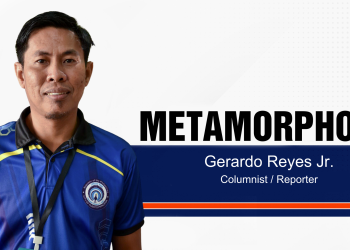Spending too much time on video gaming has been classified by the World Health Organization as a recognizable and diagnosable disease as it has been included in its reference list known as the International Classification of Diseases (ICD).
According to the WHO, gaming disorder is defined in the 11th revision of the ICD as a pattern of gaming behavior (“digital-gaming”” or “video-gaming”) characterized by impaired control over gaming, increasing priority given to gaming over other activites to the extent that gaming takes precedence over other interests and daily activities, and continuation or escalation of gaming despite the occurrence of negative consequences.
Dr. Shekhar Saxena, director of WHO’s department for mental health and substance abuse, said the agency accepted the proposal that gaming disorder should be listed as a new problem based on scientific evidence, in addition to the “need and the demand for treatment in many parts of the world.”
But not all experts agree on the classification.
Dr. Joan Harvey, a spokeswoman for the British Psychological Society, warned that the new designation might cause unnecessary concern among parents.
“People need to understand this doesn’t mean every child who spends hours in their room playing games is an addict, otherwise medics are going to be flooded with requests for help,” she said.
Some critics insist that gaming addiction is not a diagnosis in itself but rather a symptom of underlying conditions such as depression, autism, or bipolar disorder and that the number of people genuinely addicted is very small.
Others welcomed WHO’s new classification, saying it was critical to identify people hooked on video games quickly because they are usually teenagers or young adults who don’t seek help themselves.
“We come across parents who are distraught, not only because they’re seeing their child drop out of school, but because they’re seeing an entire family structure fall apart,” said Dr. Henrietta Bowden-Jones, a spokeswoman for behavioral addictions at Britain’s Royal College of Psychiatrists. She was not connected to WHO’s decision.
Bowden-Jones said gaming addictions were usually best treated with psychological therapies but that some medicines might also work.























Discussion about this post